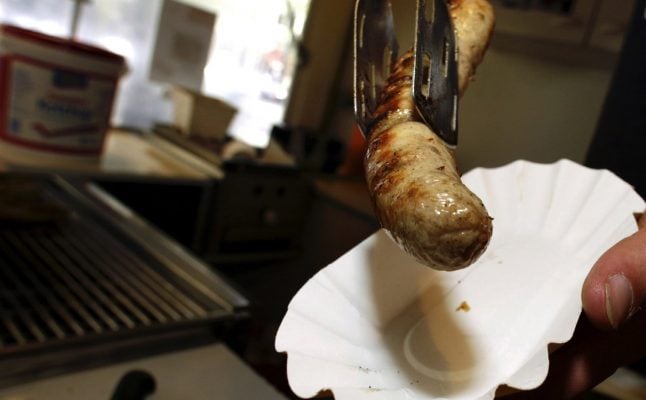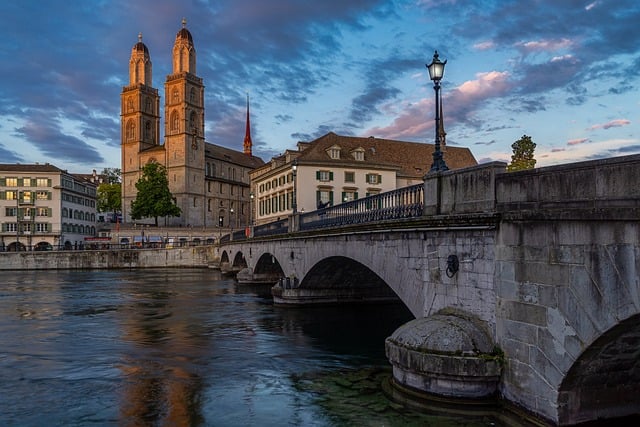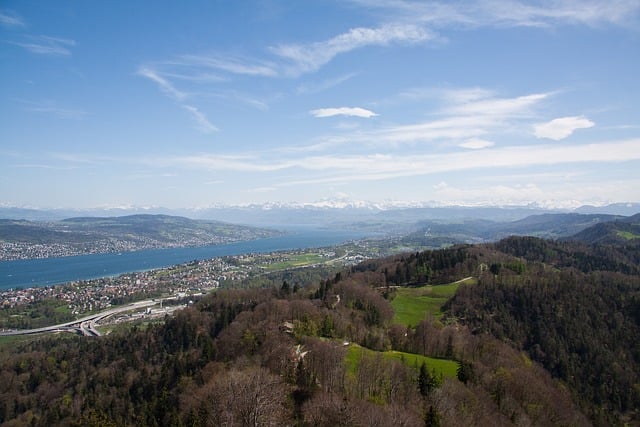The risk of mortality increases by 18 percent for every 50 grams of processed meat consumed in a day, said a news release quoted by 20 Minuten.
The study was conducted among 450,000 participants by the university Institute of Social and Preventive Medicine in collaboration with research colleagues from all over Europe.
People who eat a lot of processed meat, such as sausage products, salami or ham run a higher risk of dying from cardiovascular disease or cancer, it found.
“People who eat over 40 grams of processed meat per day have an increased risk of mortality compared to those who eat fewer than 20 grams a day,” the university said.
Carcinogenic substances form through salting, pickling and smoking, and these could be the cause of the increase in cancer mortality, it said.
In addition, processed meats are rich in cholesterol and saturated fats, which are linked to an increased risk of cardiovascular disease.
“We estimate that three percent of all premature deaths can be attributed to the high consumption of processed meat,” said the institute’s Sabine Rohrmann.
But other lifestyle and dietary factors also influenced the risk of illness and mortality, according to the report.
The study confirmed previous findings that vegetarians often live more healthily than meat-eaters, do more sport and smoke less.
The researchers also found that survey participants who ate most meat also ate the least fruit and vegetables, consumed more alcohol and smoked more.
However, meat is also a key source of important vitamins and minerals such as iron, the university said.
“Moderate consumption of up to 40 grams a day doesn’t increase the mortality risk,” Rohrmann said.




 Please whitelist us to continue reading.
Please whitelist us to continue reading.
Member comments